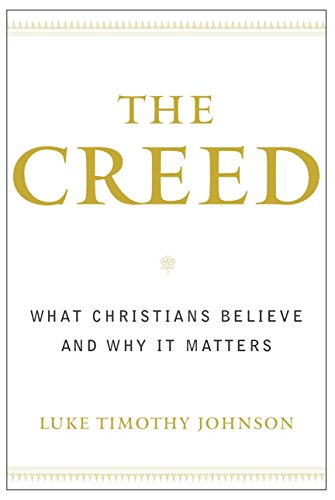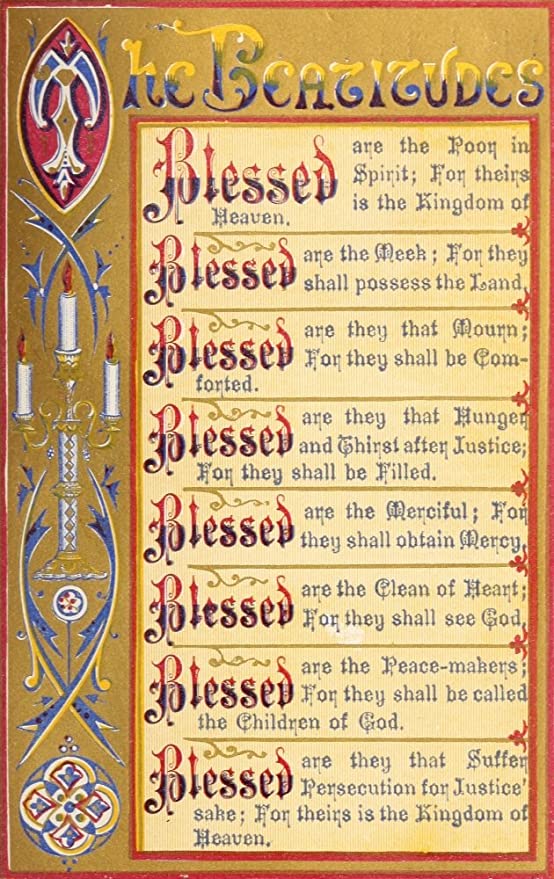
Ancient Anglican
A Modern Perspective on Early Christian Thought.
New on the Blog
The Great Divorce, Ch.4-6, pt.2
But He cannot defend this deity of His against the self-righteous people who are unwilling to accept grace and eternal life from Him freely but want to earn it by their own works. They simply want to rob Him of the glory of His deity. – Martin Luther
The Great Divorce, Ch.4-6, pt.1
Within these chapters, we will meet three of the bus riders who came from Hell. As you read through the chapters, see what part of your life Lewis is speaking to. Also, as with any author we read, don’t be afraid to disagree with Lewis or question his perspective.
The Great Divorce, Ch. 1-3, pt.2
I think that earth, if chosen instead of Heaven, will turn out to have been, all along, only a region in Hell; and earth, if put second to Heaven, to have been from the beginning a part of Heaven itself.
The Great Divorce, Ch. 1-3, pt.1
For Lewis, Heaven is a state of being (ontology) whereby we become fully human and are transformed into the full likeness and nature of God. Alternatively, Hell is that state of being whereby we un-become human and gradually decline into that state of non-being and non-existence.
The Great Divorce – Introduction
The Great Divorce gives us two primary understandings of Hell. First, Hell is a place of progressive non-existence. Second, the gates of Hell are always locked from the inside.
The Creed – The Resurrection of the Dead, pt.2
The Church sees the human body, which Christ himself took on, to be something good but which will be transformed in the life to come. 1 Cor. 15:25-49. The body isn’t something to be carelessly discarded, but to be renewed.
The Creed – The Church, pt.1
Church is Mother. In the Church we are conceived and given spiritual birth. She nurses us in our infancy, brings us up as children, and guides us into mature perfection. She is there to pick us up when we fall and to encourage us when we lag. – John Calvin
The Creed – The Holy Spirit, pt.2
The Spirit is the very present and active power of God that transforms a believer into something new.
The Creed – The Holy Spirit, pt.1
The dispute over the filioque challenges us to think more deeply about the very nature of the Trinity.
A Sermon on the Beatitudes
So what does that return look like? A return to the beatific plumb line is not a matter of your own effort to just be better tomorrow. Rather it is a true return to God Himself. If your heart is out of plumb seek him out. Be in constant prayer with God. Words are unnecessary. Go wherever you feel his presence and simply be.
The Creed – . . . and Will Come Again, pt.2
Every week, the Creed requires that we affirm this humiliation and exaltation of Christ through which our salvation is worked. It also provides us with the shape of our own salvation.
The Creed – He Ascended . . . , pt.1
The paradigm that this portion of the Creed adopts is that of Jesus as a victorious conquering King. In the Resurrection he defeats death, and in the Ascension he is elevated to his position of kingly power and authority.



